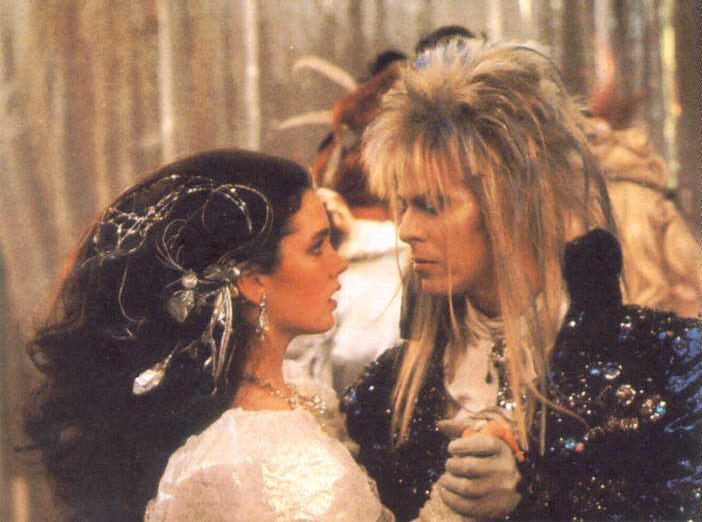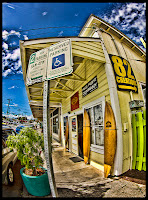As we approach the time of year when
my personality feels most divided, I’m half inclined to shave my head, give
away all of my possessions and head for the hills while half of me yearns to
hand paint candy canes and beg Mr. Claus to take me as his mistress. I don’t
consider myself a Material Girl, but who am I kidding? “Gimmee gimmee gimmee! Gimmee some more,” is my heart’s true song.
However, it’s not the stuff I crave so much as the frenzy. In my mind’s eye
December is a month of binging and gorging, stuffing it in and packing it on.
In January comes atonement, fasting, pumping iron and making resolutions to
need less of the stuff I spent the last month hoarding. How much can I do
before I feel like I’m finally done? The
answer-- if I’m honest—is never, ever enough.
So this
year I’m hoping to approach things a bit differently. I’ve abolished credit
cards and booked writing retreats for two weekends leading up to the Big Bang instead
of camping out at the mall trying to determine if this mug full of bath beads
will really prove to my (mother/step-mother/mother-in-law) how much I love her
(I really do!). I will no longer be dragging my husband to the craft store on
All Hannukah’s Eve to start assembling grouted marble sun dials on our dining
room table at midnight (apologies to anyone who’s received any such home-made
“craft”). I’d like to wrap my mind around this bizarre concept of Keeping it
Simple.
Despite an
emphasis on quality time over quality stuff, most of my holiday memories from childhood
blend into a montage of What I Got: the longed for Rubik’s Cube, the surprising
mix of a Ken doll, walkie-talkies and Born
in the USA, the real gingerbread house under the tree that I loved too much
to eat and let the cats pee on instead. Still, of all this bounty, the year
that stands out most vividly did not center around what I got or gave but where
I was and who I was with.
My traveling companion and I were,
as usual, nearly broke and, as usual, had no idea where we’d spend the night. It
seemed that all of the shops in Europe were
closed for Christmas Eve and by the time we found an open hostel we’d finished
most of the crust of bread squirreled away at the bottom of our packs. We were,
by American standards, starving. The
hostel concierge took pity on us, giving us directions to a soup kitchen free for
travelers and the homeless. At the moment we were both. I expected the basement
of a grungy YMCA, not the medieval banquet hall we stumbled into an hour later.
Torches lined the walls; vats of potatoes, platters of meat and carafes of wine
adorned the tables. Vaudeville singers danced on the stage and other homeless
travelers danced all around. Unbeknownst to us, we had just discovered Christiania,
a hippie squatter commune in central Copenhagen
fashioned around an abandoned military barracks. Actual heaven could not have
been better. We danced and ate and sang and made merry, feeling the holiday
spirit—and many other kinds of spirits too. The next day, with snow falling
softly all around, we made a pilgrimage to see the Little Mermaid, beautiful
and perfectly contained on her rock in Copenhagen Harbor
Now, for
better or worse, unlike the Little Mermaid, I don’t live on an island. I live
with people that I want to cram full of as much happiness and stuff and cheer
as possible—even if it means driving us all mad in the process. This year I’m
hoping that giving myself the gifts of sanity and simplicity will be the gifts
that keep on giving.





.JPG)


















.jpg)




